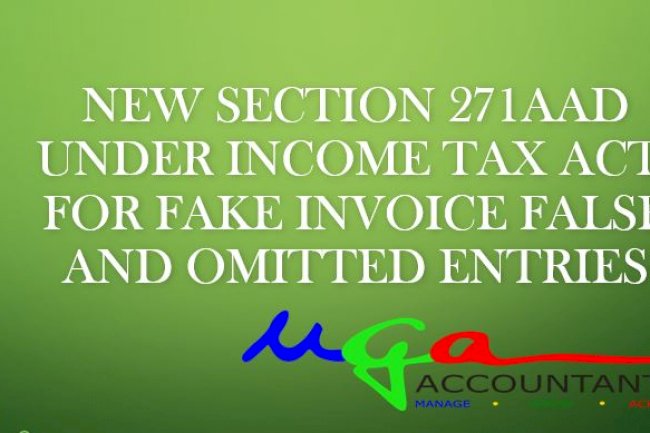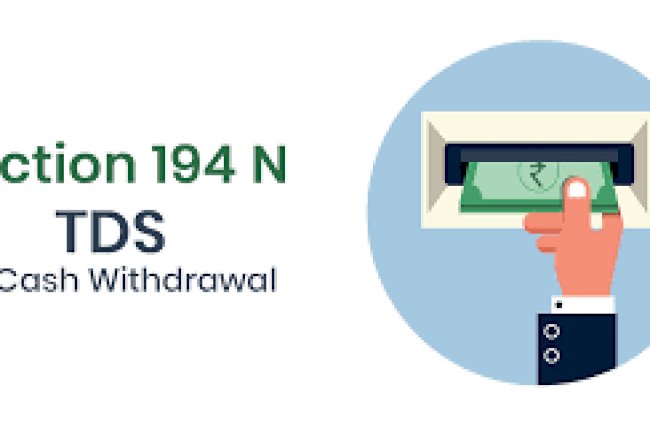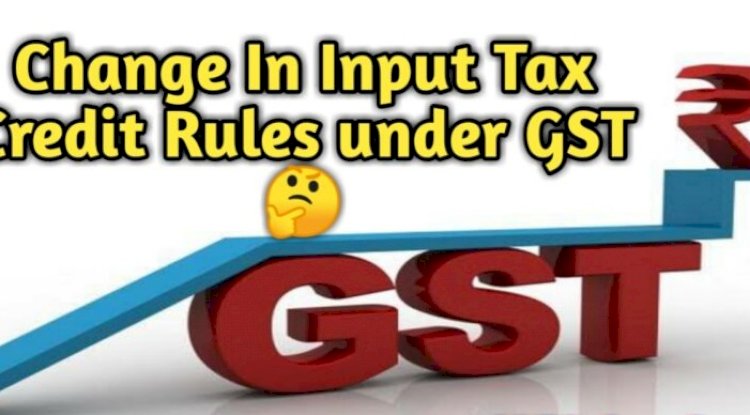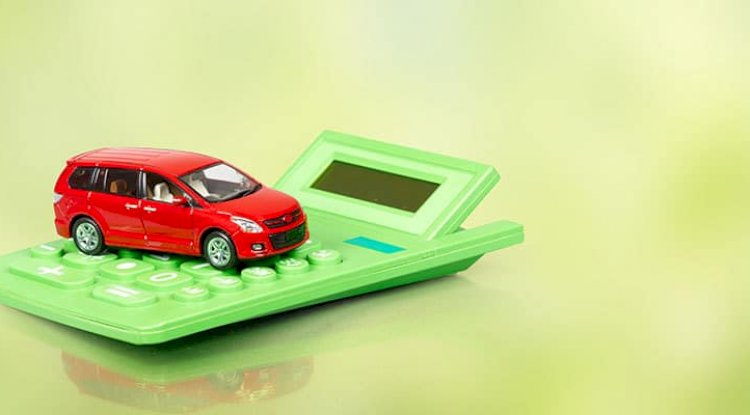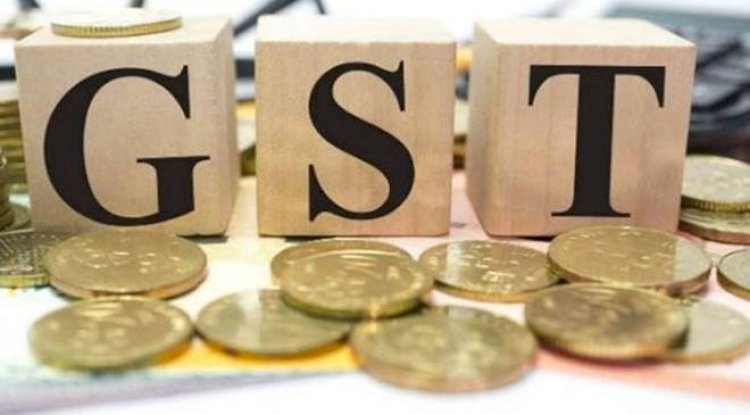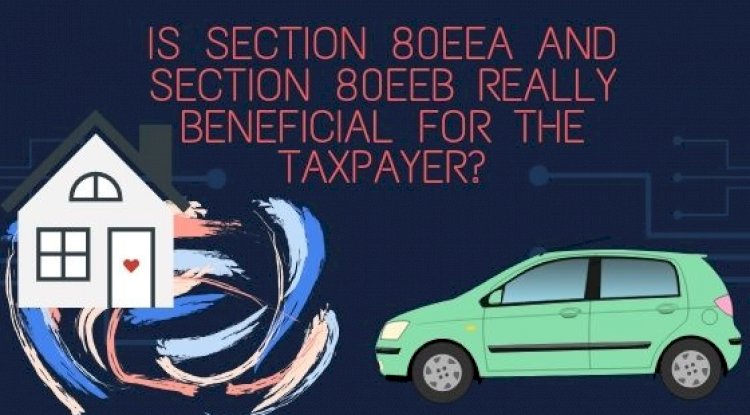DECODED SECTION 194Q AND SECTION 206C(1H)
DECODED SECTION 194Q AND SECTION 206C(1H)
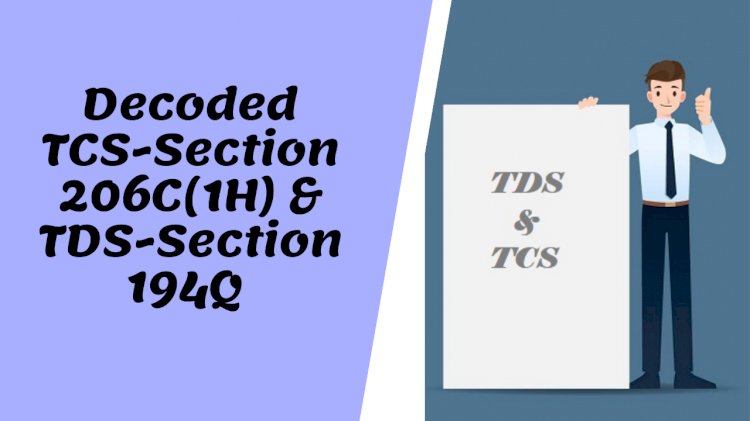
Introduction
- If any person(buyer) is paying to other resident person for the purchase of value exceeding 50 lakhs then he should deduct the amount equal to 0.1% of the sum exceeding 50 lakhs.
For the above, buyer means a person whose total sales, gross receipts or turnover from the business carried on by him exceed ten crore rupees during the financial year immediately preceding the financial year in which the purchase of goods is carried out.
- If the amount in point 1 is credited to any account under whichever name is credited in the books of accounts, then it will be considered the income of the payee.
- If there is any difficulty occurs, the board may with the prior approval of CG, issues guidelines for the same.
- Guideline referred above as soon as may be after it is issued, be laid before each House of Parliament, and shall be binding on the income-tax authorities and the person liable to deduct tax.
- Not apply on: -
If TDS applies under other section or
If TCS applies under section 206C (1H)
- When does this section come into effect?
This should have been effective from 1st April 2021, but because president’s assent has not been collected due to covid, it will now be effective from 1st July 2021.
- From whom such TDS is to be deducted?
Only those sellers to whom total payment exceeds 50 lakhs during the financial year. Unlike for TCS, the section here says, credit or payment whichever is earlier. Hence, TDS shall be deducted in the month of purchase or payment whichever is earlier.
- When is the section not applicable?
- If the gross turnover/total receipts/sales does not exceeds 10 cr
- If the purchase value does not exceeds 50 lakhs
- Imports
- If TDS is applied in any other section
- If TCS is applied in any other section except 206C(1H)
- In case sellers, turnover exceeds 10 crs and buyer’s turnover may fall below 10 cr then also sec 206C(1H) may continue to prevail.
- Consequences of non-deduction.
Non-deduction of tax at source from transactions which attract TDS is the disallowance of expense to the extent of 30% of such expense which will be very harsh penalty for the assessees.
- Treatment of credit and debit note.
- If credit note is issued for the part payment, then also TDS should be deducted on the full payment that is cash and credit note amount.
- If there is any return of goods because of any dispute then also TDS will be deducted on full amount as TDS is deducted at the time of payment or credit whichever is earlier.
- A Debit Note is issued for any rate or quantity difference against an invoice. TDS would have to be deducted on such amount also as the same is to be credited to the party for purchases.
- Some special cases: -
- BARTER – In this case as both the parties get goods then both have to Deduct TDS at the time of purchase.
- IMMOVABLE PROPERTY – Immovable properties are not covered under the meaning of goods hence TDS is not applicable under this section.
- SOFTWARE - Canned (Off the shelf) software has been defined as goods by the Supreme Court in a landmark judgement in the case of Tata Consultancy Services v State of AP. Hence it will attract TDS.
- FREIGHT, INSURANCE etc. – when this amount is showed on the invoice then it will become the part of purchase, hence TDS will be applicable.
What's Your Reaction?








